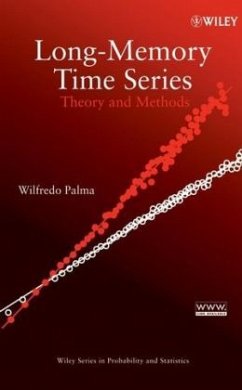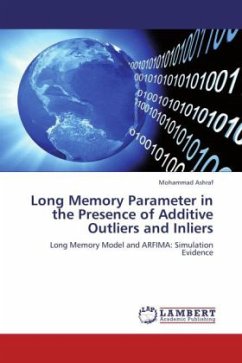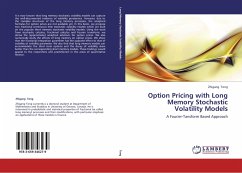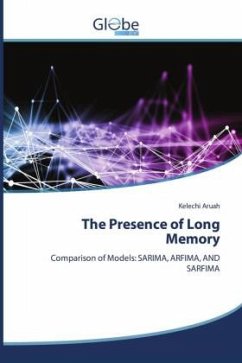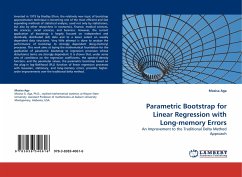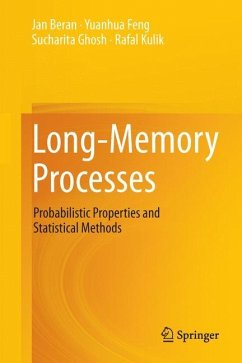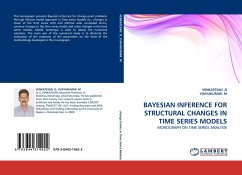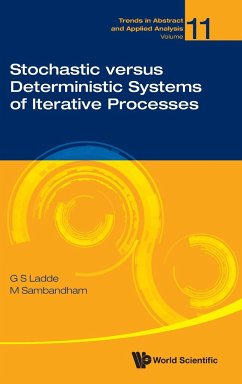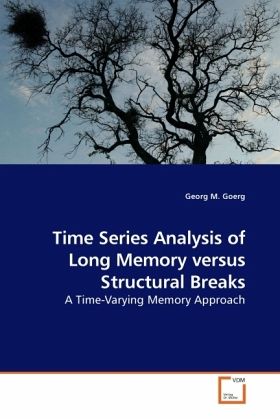
Time Series Analysis of Long Memory versus Structural Breaks
A Time-Varying Memory Approach
Versandkostenfrei!
Versandfertig in 6-10 Tagen
32,99 €
inkl. MwSt.

PAYBACK Punkte
16 °P sammeln!
Several real world processes exhibit a very slowly decaying dependence over time, e.g. river flow data, tree ring width data, or stock volatility. In the time series literature this phenomenon is known as long memory or long range dependence. An alternative view are structural breaks occurring over time that make the process appear to have long memory, but in fact it does not. This work gives a brief introduction to univariate time series analysis and then studies the long memory versus structural breaks debate. A detailed study of an error duration model gives a nice view of stochastic proces...
Several real world processes exhibit a very slowly decaying dependence over time, e.g. river flow data, tree ring width data, or stock volatility. In the time series literature this phenomenon is known as long memory or long range dependence. An alternative view are structural breaks occurring over time that make the process appear to have long memory, but in fact it does not. This work gives a brief introduction to univariate time series analysis and then studies the long memory versus structural breaks debate. A detailed study of an error duration model gives a nice view of stochastic processes in general and sheds new light on the aforementioned controversy. After presenting various estimators and tests for long range dependence, a chapter with applications compares short and long memory models for financial data. The contribution of this work is a model for time-varying (long) memory and herewith tries to unify the concurring views of long memory and structural breaks. This book is intended for readers interested in applied math and statistics, in particular time series analysis.




